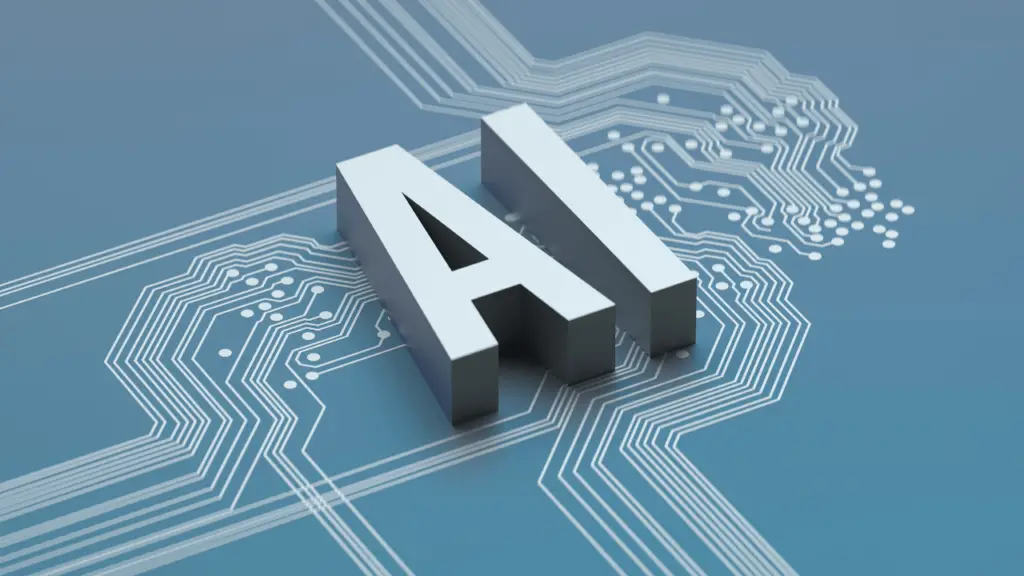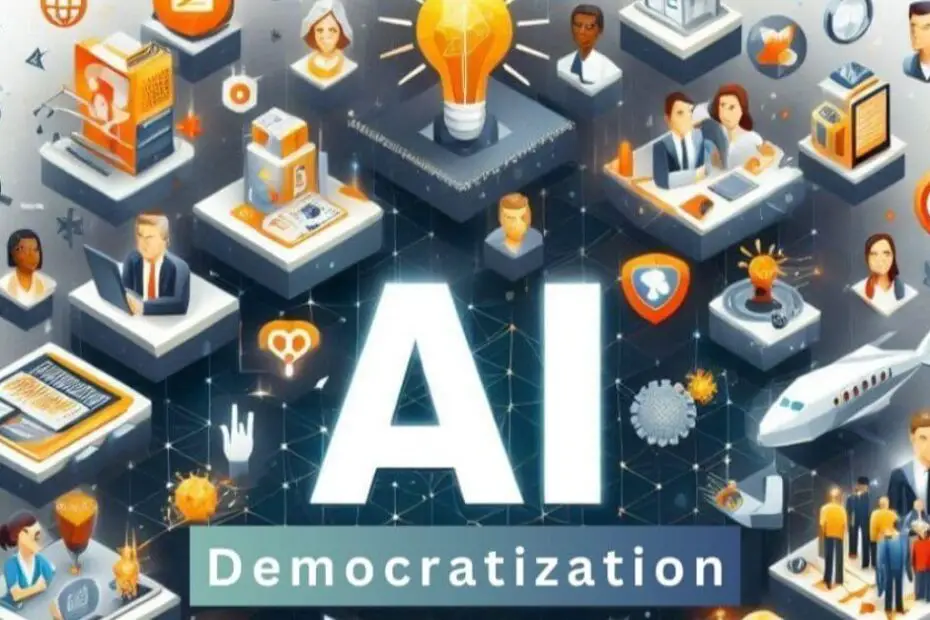Artificial intelligence (AI) has rapidly transformed our world, driving advancements in fields like healthcare, transportation, and environmental research. However, the development and application of AI have largely been confined to tech giants and research institutions with the resources to build and maintain complex algorithms. This raises the question: can AI be democratized, empowering the average person to contribute to scientific discovery and problem-solving? The answer is increasingly becoming yes, thanks to the emergence of user-friendly AI tools and the rise of the citizen scientist.
Citizen science is the practice of public participation in scientific research. Traditionally, this involved tasks like collecting data or classifying organisms. Today, the democratization of AI presents a new frontier for citizen scientists. User-friendly platforms are making AI development more accessible. These platforms offer drag-and-drop interfaces, pre-trained models, and visual tools that allow individuals with no prior coding experience to build their own AI applications.
Imagine a scenario where a group of concerned citizens living near a polluted river leverage these tools. They can develop an AI program to analyze water samples and identify potential contaminants. This citizen-driven AI solution could empower the community to collect data, track pollution levels over time, and potentially advocate for environmental protection measures.
The potential benefits of citizen science powered by AI are vast. Here are just a few examples:
- Environmental monitoring: Citizen scientists can use AI-powered tools to monitor air and water quality, track wildlife populations, and identify areas affected by deforestation.
- Medical research: AI platforms can be used to analyze medical images, identify patterns in disease outbreaks, and even assist in drug discovery by simulating potential compounds.
- Social good projects: Citizen scientists can leverage AI to analyze social media data to identify areas of social unrest or predict the spread of misinformation.
Of course, there are challenges to consider. Ensuring the quality and reliability of data collected by citizen scientists is crucial. Additionally, ethical considerations regarding data privacy and bias in AI algorithms need to be addressed.
However, these challenges are not insurmountable. By providing training and resources, researchers can ensure citizen scientists collect high-quality data. Furthermore, fostering open collaboration and transparency in AI development can help mitigate bias in algorithms.
The democratization of AI, coupled with the rise of the citizen scientist, has the potential to revolutionize scientific discovery and problem-solving. By empowering individuals to contribute their knowledge and skills, we can unlock a new era of collaborative innovation that benefits everyone. As AI continues to evolve, the citizen scientist, armed with user-friendly tools, is poised to play an increasingly important role in shaping a better future.
The democratization of AI and the rise of the citizen scientist movement are exciting developments, but they require a supportive ecosystem to flourish. Here are some key areas for further development:

- Educational initiatives: Educational programs can equip individuals with the necessary skills to utilize AI tools effectively. This includes training in data collection methodologies, responsible data practices, and basic AI literacy.
- Open-source platforms: The development and support of open-source AI platforms will be crucial. These platforms should provide user-friendly interfaces, pre-trained models relevant to citizen science projects, and robust data security measures.
- Community building: Fostering online and offline communities will be essential for citizen scientists. These communities can provide a platform for collaboration, knowledge sharing, and project inspiration.
- Incentivization programs: Recognition and reward programs can incentivize participation in citizen science projects. This could include gamification elements, leaderboards, or even micro-grants for particularly impactful projects.
Governments, research institutions, and tech companies all have a role to play in supporting this burgeoning field. Collaboration is key – by working together, we can ensure that the democratization of AI empowers individuals and communities to become active participants in shaping the future.
A Brighter Future with Citizen Scientists and AI
The democratization of AI, fueled by the rise of the citizen scientist, presents a transformative opportunity. By empowering individuals to contribute their skills and knowledge, we can unlock a new era of collaborative innovation that tackles some of the world’s most pressing challenges. The road ahead requires investment in education, open-source platforms, and community building. However, the potential rewards are immense. By working together, we can ensure that AI becomes a tool for good, accessible to everyone, and used to create a brighter future for all.
